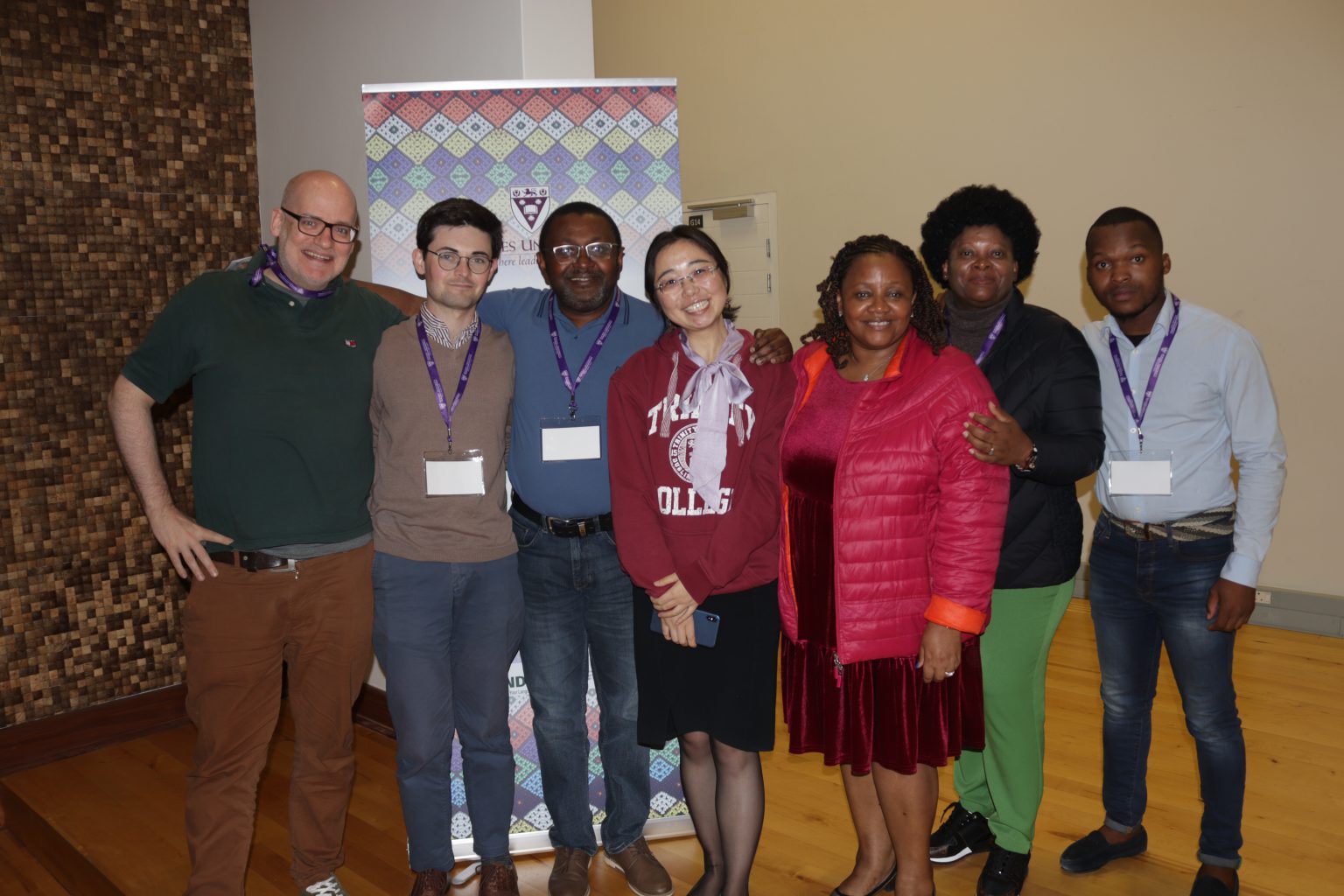By Anelisa Centani
In a world where diversity is celebrated and cultures intersect, the importance of multilingualism in higher education cannot be overstated.
The School of African Languages, in collaboration with the Centre for Higher Education Research, Teaching, and Learning (CHERTL) at Rhodes University, hosted the Baqonde International Workshop on Multilingualism in Higher Education between 4 and 8 September at the Amazwi South African Museum of Literature—the workshop aimed to introduce the use of indigenous languages in higher education settings.
Professor Nobuhle Hlongwa from the University of KwaZulu Natal explained, “Baqonde is a collaborative project that seeks to boost the use of African languages in higher education. It is an effort of the three [European Union] universities: the University of Salamanca in Spain, the University of Groningen in the Netherlands, Trinity College Dublin in Ireland and four South African universities. That is Rhodes University, the University of Western Cape, the University of KwaZulu Natal and the University of North West”.
Pedro Álvarez-Mosquera, Baqonde project coordinator from the University of Salamanca, explained that the seven university teams worked together, sharing resources, knowledge, and expertise. They focus on three key areas: equipping universities with the tools for multilingual education, organising training and workshops, and creating new educational materials.
“We have been equipping universities with the necessary tools to enhance this process of transformation, and we are creating new materials. Most of them are being uploaded to our shared repository, Polokelo, where we are basically sharing what we have in different faculties, different departments in different languages,” said Álvarez-Mosquera.
He adds that the impact of this Baqonde project extends beyond the walls of universities. It recognises that language is a crucial aspect of society and aims to foster a future where multilingualism is celebrated and embraced.
One of the compelling discussions that emerged from the Baqonde Workshop centred on the challenges faced by students in the fields of Science and Pharmacy. These disciplines are often laden with complex terminologies and concepts, making it difficult for students to grasp the content thoroughly. To address this issue, Tifanny Pillay, a Cell Biology lecturer from Rhodes University, mentioned that they are exploring the translation of scientific and pharmaceutical terminologies into indigenous languages.
Matthew Philip Pattermore, an educator from the University of Groningen, shared his unique approach to promoting multilingualism in the classroom. He incorporates multilingual games into his teaching methodology, encouraging students to explore content while celebrating their linguistic identities. “Multilingual games serve as a bridge between language and learning. These games foster a positive attitude towards learning and language diversity,” said Pattermore.
Lalu Mokuku, an Applied Theatre practitioner from the Rhodes University Drama Department, joined the Baqonde International Workshop with her honours students to emphasise the importance of multilingualism in higher education through the art of Playback Theatre. “So, the preparation was in as much as one knows the context of multilingualism in higher education. Then how does one become a conduit through which others could tell their stories about multilingualism in higher education?” said Mokuku. Her interpretation of these stories goes beyond mere performance; it’s about shedding light on the complexities of multilingual education.
Sisonke Mawonga, who teaches Extended Studies at the CHERTL unit, is among the educators thrilled by the developments of introducing indigenous languages in higher education. Mawonga believes that such collaborations are just the beginning of a more inclusive and culturally diverse higher education landscape. “I am hoping for more collaborations and more planning, especially for Rhodes to look at different objectives and how they can find a consolidated centre or place where that can be a hub for multilingualism that the university can keep on going back to instead of touching people and expecting people to work in silence”.
The School of African Languages, in particular, has played an essential role in this endeavour. They have collaborated with other departments, such as the Politics Department at Rhodes University, and they have embarked on translating key terminologies into African languages. This collaborative effort, under the expert supervision of Dr. Bulelwa Nosilela and Dr. Siphokazi Magadla, has been instrumental in making academic content more accessible to a broader range of students. One of the standout features of the Baqonde International Workshop is its dedication to promoting African languages within the realm of higher education.


